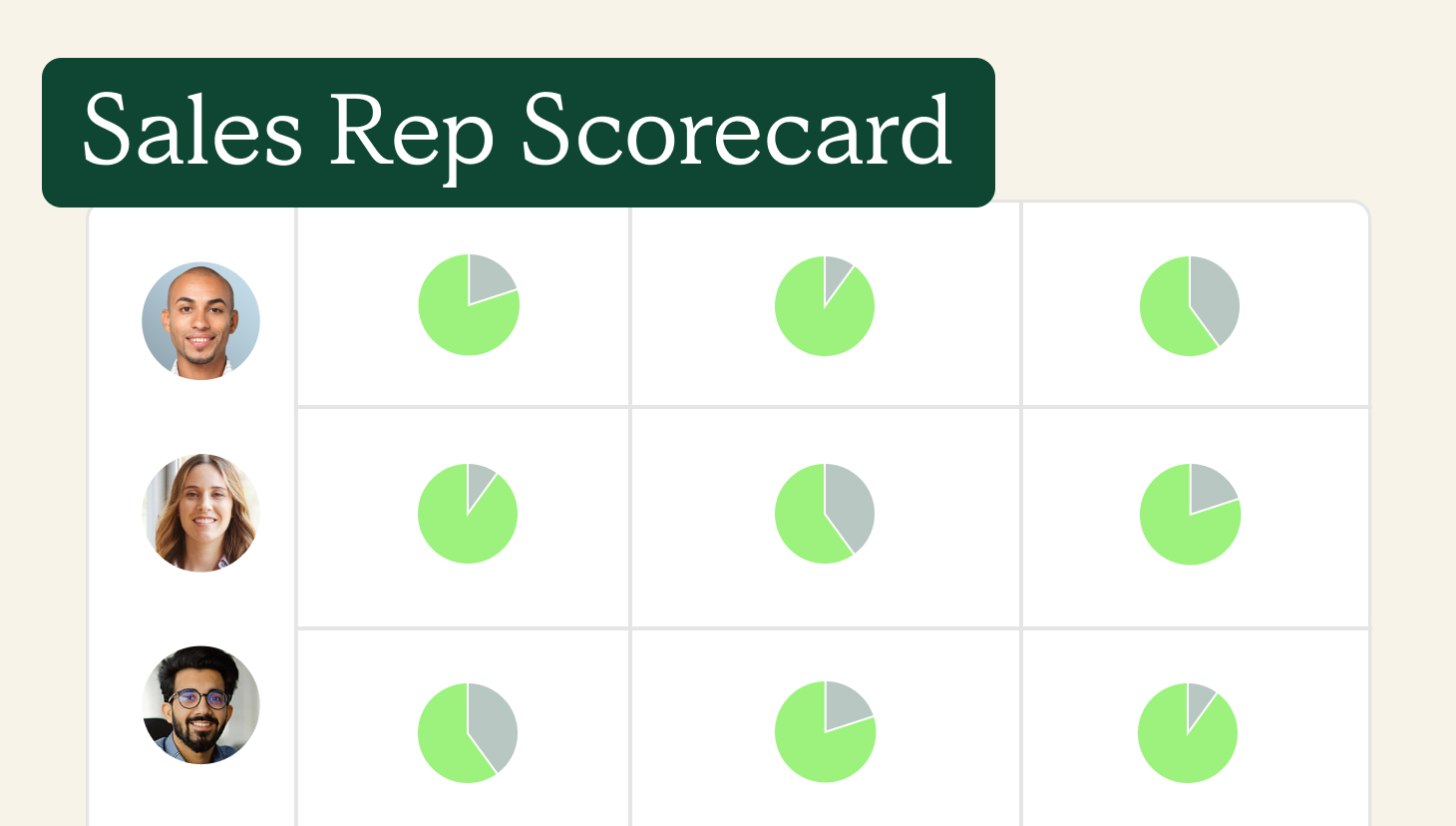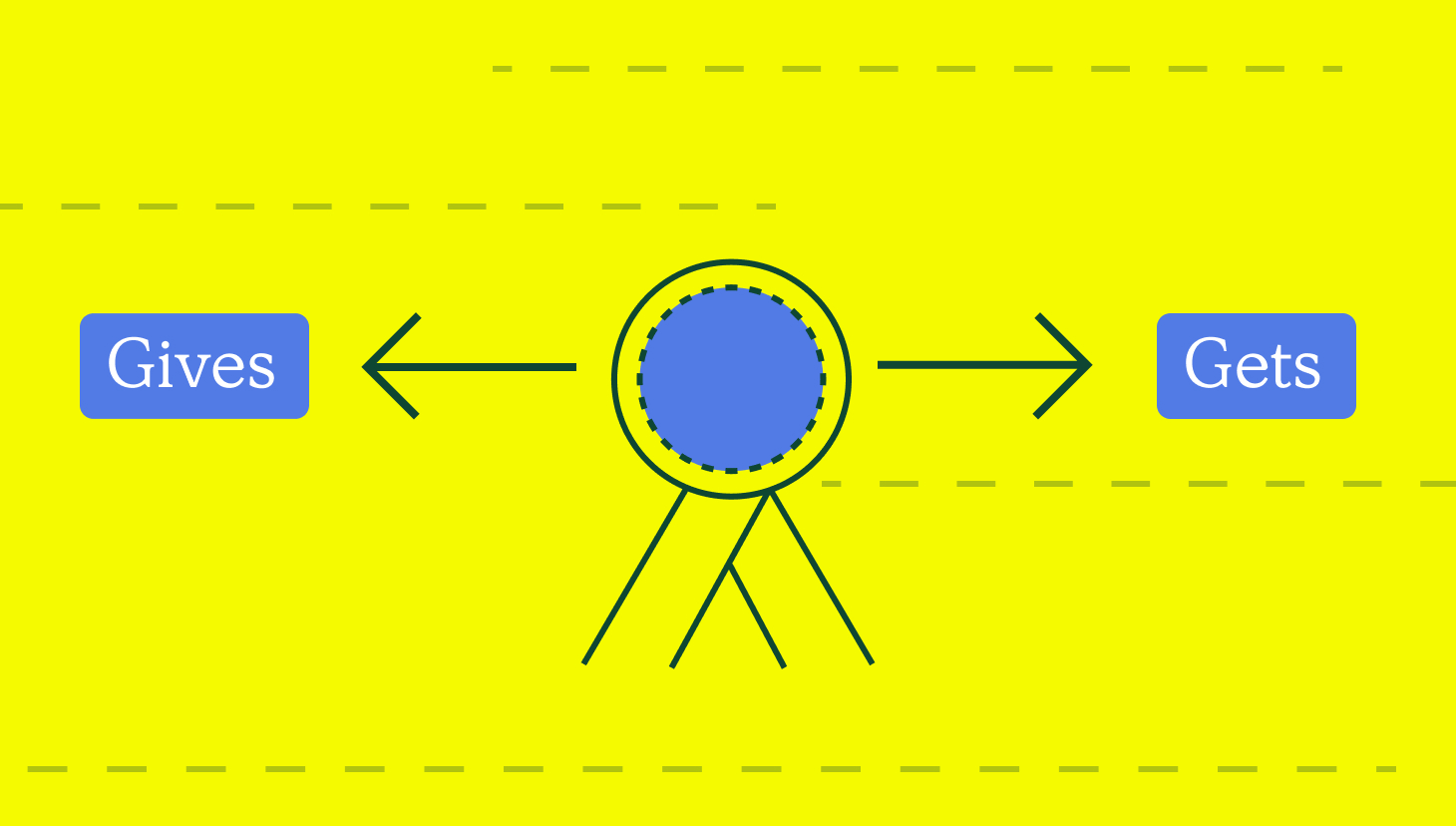If sales reps pursued every possible opportunity, they’d be exerting an awful lot of effort for very paltry results. Qualifying opportunities enables reps to prioritize efforts according to how likely they are to close. For sales leaders looking to empower their team to be super successful, the BANT sales framework is an invaluable tool.
What is the BANT sales process?
Part of the job description for a sales leader is facilitating a more strategic, streamlined sales process. That includes determining whether a prospect is a good fit. That determination is less black and white and more of a sliding scale. The higher the likelihood that a prospect is a good fit, the more sense it makes for a sales rep to pursue the opportunity after the demo. Enter BANT.
BANT stands for Budget, Authority, Need, Timeline.
- Budget: Does the client have budget dedicated to buying your service? There’s a lot of wiggle room between what a prospect wants and what you believe they need. Some things can’t be overcome. A product or service that’s way out of a prospect’s budget won’t magically become affordable. If they can’t afford to work with your company, then it’s not a good fit.
- Authority: Does your point of contact have the authority to make a buying decision? Always make sure you’re negotiating with the decision-maker. Ask who has the buying power. If it’s not your point of contact, make sure you understand how they’ll get approval and how long that process takes.
- Need: Does the client need your tool over your competitors’? The best products and services address a prospect’s pain point. Do they want something, or do they need it? Get to know customers’ challenges and be prepared to address how you can solve them.
- Timeline: When does the prospect need their new purchase in place? Sometimes those expectations are not realistic. They may expect a short sales cycle that’s almost impossible to execute. Or, they may not want to decide for months, which can strain your own resources. Timelines that suit your own needs can take priority.
Why does it still work?
IBM first developed BANT in the 1950s. That means it’s nearly three-quarters of a century old. And yet, BANT still works and is used by salespeople in a wide variety of industries. Why the longevity? Experts agree that it’s an easy way for any salesperson to judge the quality of an opportunity. It doesn’t matter if you’re new or decades into the game. BANT is a universal language that ensures even novice reps know what questions to ask.
Is there anything better than the BANT sales process?
Some people criticize BANT because it can be a rather shallow evaluation. As important as it is to understand the what, you also need to delve into the why. But it is possible to use BANT as a starting point since each letter in the acronym is a guidepost. However, it’s up to the rep to dig deeper.
Still, some industries or organizations may be better suited to a more complex approach. Take MEDDIC or MEDDPICC for example. MEDDIC stands for:
- Metrics
- Economic buyer
- Decision criteria
- Decision process
- Identify pain
- Champion
MEDDIC is the go-to for a lot of SaaS companies. The focus on KPIs and ROI (the metrics portion of the acronym) makes sense for companies seeking improvement through technological advances.
MEDDPIC is similar but adds “paper process” into the mix. That has to do with how the prospect actually processes bids and does the clerical work that goes into making a decision. Think of the additional bureaucracy that’s often associated with an enterprise-level business.
Then there’s CHAMP:
- Challenges
- Authority
- Money
- Prioritization
CHAMP has a lot in common with BANT. The not-so-big twist is putting the primary emphasis on a prospect’s pain points over budget. The assumption is that need could override financial constraints.
When does the BANT sales process fail?
The BANT sales process seems universal, but it’s not always a success. For very complex sales that have a lot of moving parts, BANT can be too simplistic. Maybe your buyer isn’t concerned with pricing or doesn’t much care about the timeline. Eliminating 25%-50% of the qualifying criteria takes the wind out of BANT’s sails. You’re left with authority (who’s making the decision?) and need. Not much to go on.
Ultimately, how effective your qualification process is depends less on the acronym you choose and more on how you use it. If you’re a sales leader, train your team to look beyond a prospect’s answer to determine their why. Understanding the motivation behind certain decisions and why a timeline is the way it is could be the key to overcoming objections and making that almighty sale.
Once you’ve got close rates soaring, it’s time to keep an eye on commission. Lighten your load with QuotaPath’s innovative commission tracking and revenue management software. Build compensation plans, ensure transparency, and integrate the platform with your existing tech tools. For a full preview, sign up for an account and see the evolution first hand.



